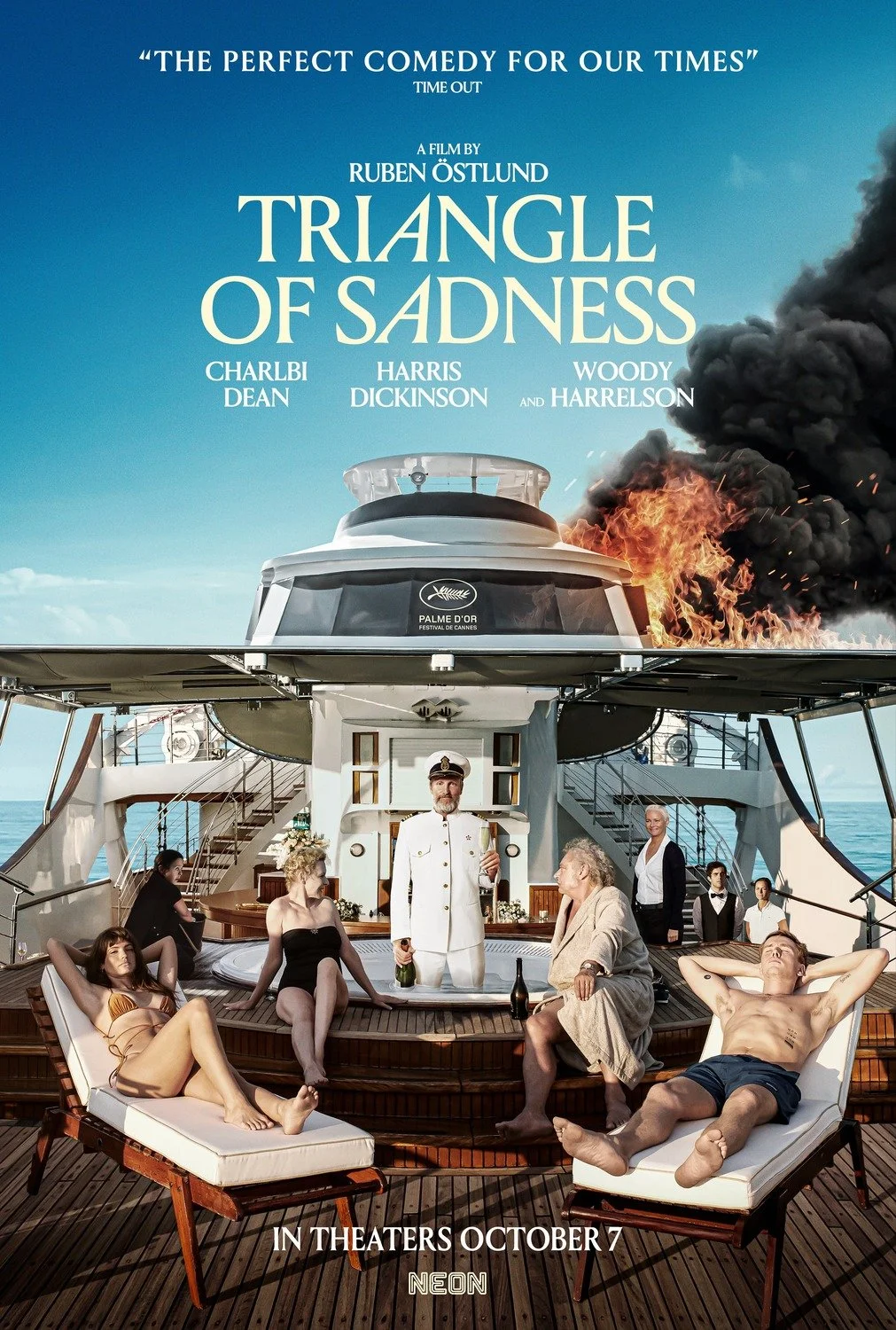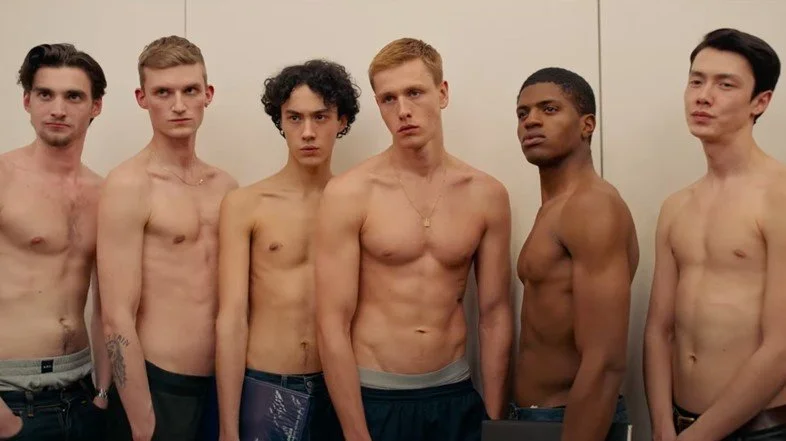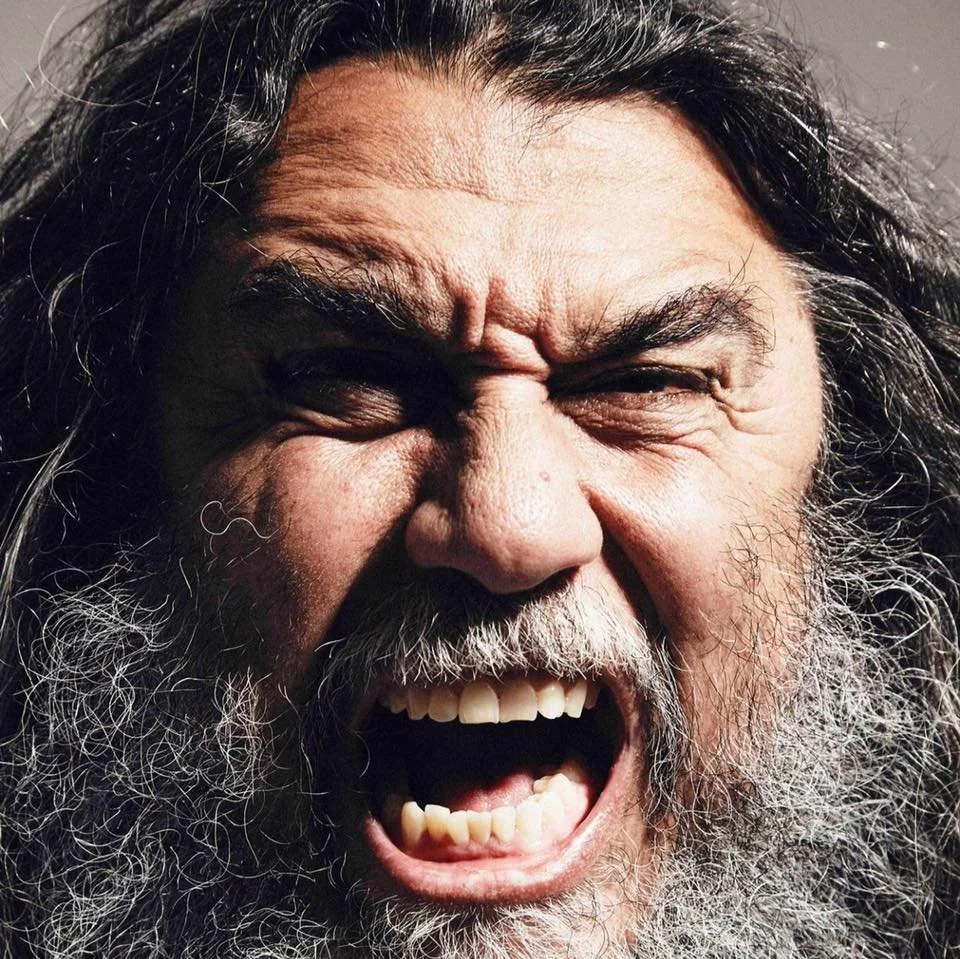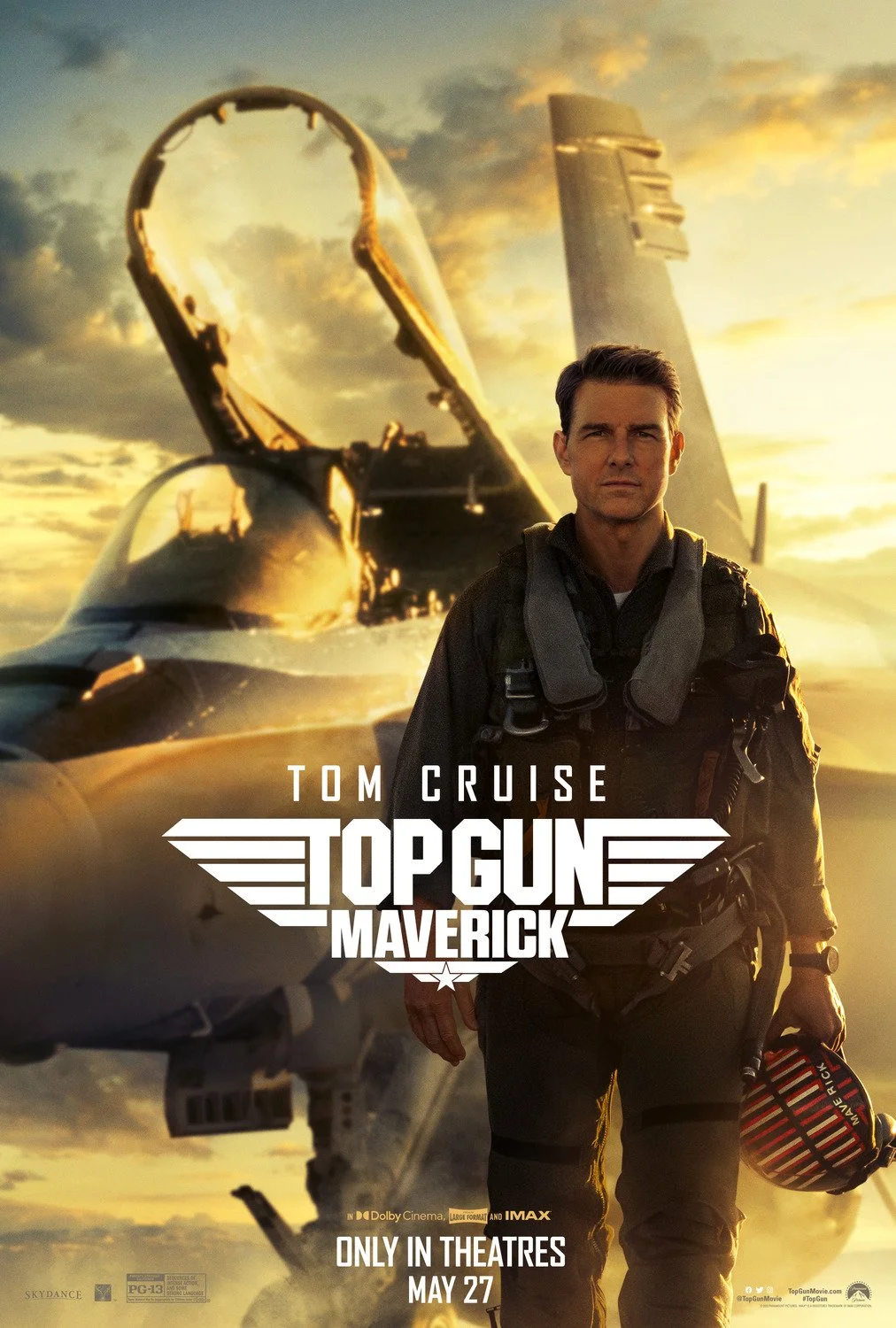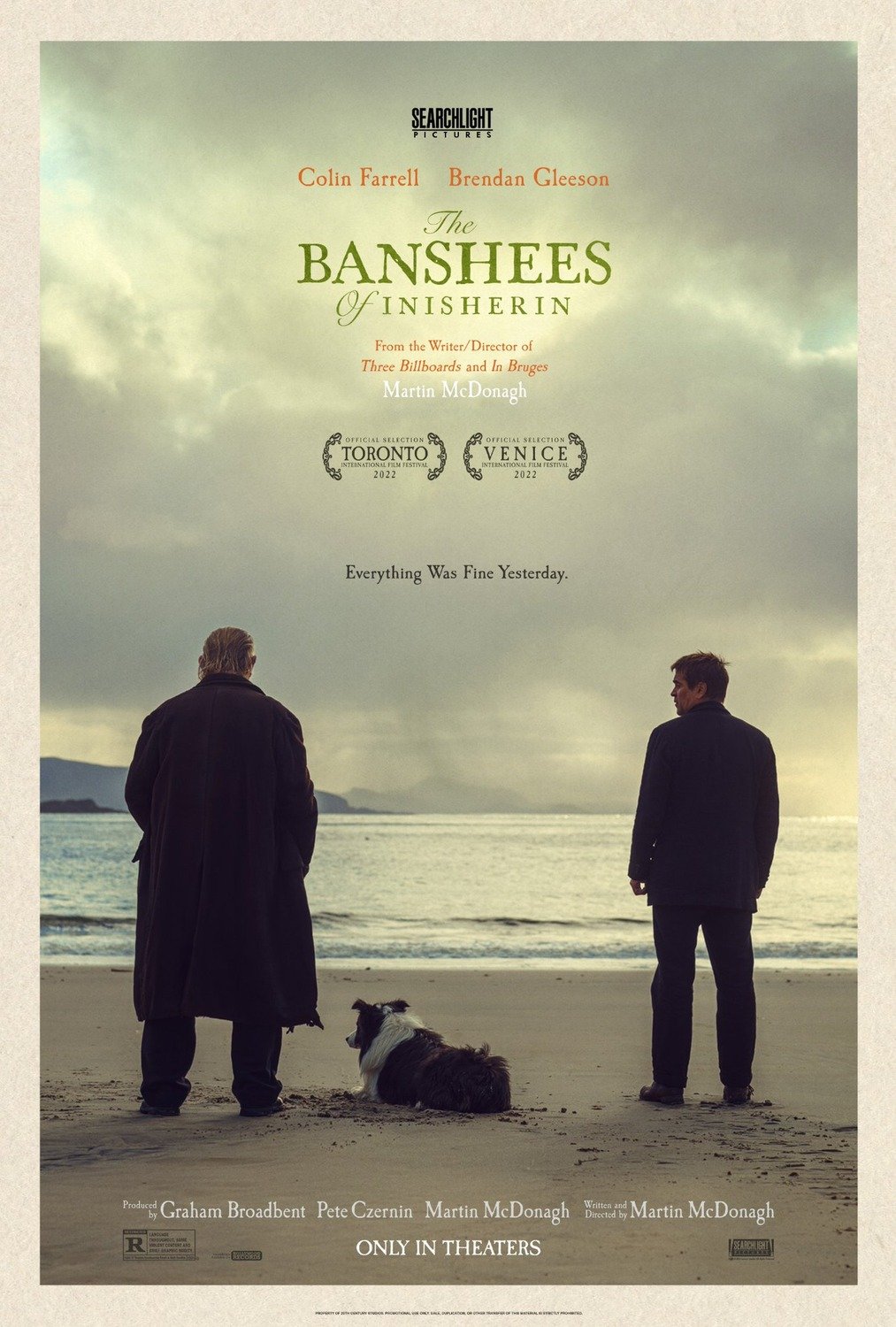Movie Review : Triangle of Sadness (2022)
One of the best known rules of storytelling is to create a likeable protagonist, so that your audience can relate emotionally to him. It’s a rule that iconic author and god-tier storyteller Chuck Palahniuk has proven to be false or at least inaccurate. It doesn't matter if your protagonist is likeable. He needs to be interesting. Ruben Östlund’s latest, Palme D’Or winning movie Triangle of Sadness is filled with petty and annoying, but interesting people. Because like it or not, rich people are kind of interesting.
Triangle of Sadness tells the story of Carl (Harris Dickinson) and Yaya (the late Charlbi Dean), two young and gorgeous models who are madly in love and chronically quarrelling over money because Yaya is the wealthiest and the most successful of the two. When she is given two tickets to a luxury cruise in order to create content for Instagram, the two lovebirds are hurled into a bizarro alternate universe of opulence filled with people who own everything and somehow want to own more.
Zeitgeist, Schmeitgeist
Now, I know what you're expecting me to say. Triangle of Sadness is an indictment of social inequities and the sheltered, problematic existence of the rich, yadda, yadda. Well yeah. Obviously. But this is the least interesting aspect of the movie. The most surface-level thing you could say about it. I was more interested (riveted, really) was what the protagonist cared about. The forever unsatisfying and abstract concept of owning everything you come across.
I believe it is best exemplified by the tortuous, inescapable and thoroughly hilarious conversation Carl and Yaya have over a restaurant bill at the start of the movie. You've had one of these conversations before, where you want your significant other to act a certain way, but you don't want to explain why because it would expose something you feel vulnerable about. But what Carl and Yaya feel vulnerable about, what they want to own, is the only thing they can't purchase : success.
Of course, their definition of success couldn't be any more different. Carl wants professional and financial security, but since Yaya has achieved that, it's not what she wants anymore. She wants to be taken care of. This conversation acts as a prism to better understand and appreciate Triangle of Sadness. Once you've acquired every quantifiable variable you humanly can, you want what you can’t count and every character in this movie is ruthlessly defined by what they can't have.
The idea here is simplistic, but the delivery isn't. The second act of Triangle of Sadness where the cast of characters widens considerably articulates this endless longing in more ways than you can keep up with. The luxury cruise made a brilliant setting because it is a) inescapable and b) an environment where you're constantly vulnerable. It culminates the only respectable way such a cerebral and tongue-in-cheek idea ever could: with one long thirty minutes puke-and-fart joke. Predictable, but cathartic nonetheless.
The White Lotus Syndrome
So yeah, Ruben Östlund's movies are a little on the cold and chatty side. It is very much in line with something akin to The White Lotus, which I appreciate but not necessarily enjoy. I thought the third act of Triangle of Sadness was a little trite and too on-the-nose albeit its theoretical brilliance, but otherwise I liked the movie considerably better than the HBO flagship franchise. The small insecurities and imperfection in Carl and Yaya shined through like light through cracks of a prison door.
Opulence apocalypse is a genre that's been gaining popularity over the last couple years. Östlund's movie stands out over its competitors (well, for the most part) through its sharp wits and (for the most part) compassion towards characters who arguably don’t deserve it. Of course, there's a Marxist porn aspect to it. Ruben Östlund seemed eager to ultimately deprive the rich of the means of production and hand the balance of power to someone equally unsympathetic, which is kind of ironic.
Triangle of Sadness having made 17 million dollars and counting. But it's what most people bought, the feeling of revenge over a rigged system. Even if everyone perpetuated the system by buying tickets for the movie. That’s what I don’t like about rah-rah films.
I feel scummy telling you what I think a movie has done wrong without telling you how it could've made it right, but Triangle of Sadness didn't get a whole lot wrong. It just owes its existence and its demise to the rise of online armchair marxism of recent years. I guess my criticism is that I would've loved Ruben Östlund and his cast of characters tackle a less obvious topic that class warfare? They do it as valiantly and cleverly as possible, but they go as far as their topic leads them. I don’t blame them. It’s a seductive theme.
But why be one of the boys when you have the potential to soar above the mortals?
*
Triangle of Sadness is a fun, intelligent and clinical movie that redefines itself with every act, which is a more than rare commodity in this day and age. I shouldn't be as critical to it than I am, but I thought it went from being the greatest fucking thing in act one and regressed into being just a very good movie by the end of it. It is the work of a master, but it is trying to do more than it can do at the proper level. Don’t listen to my miserable ass and watch it. It’s better than what you’ve been watching anyway.

